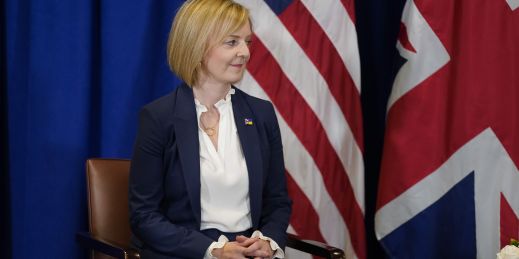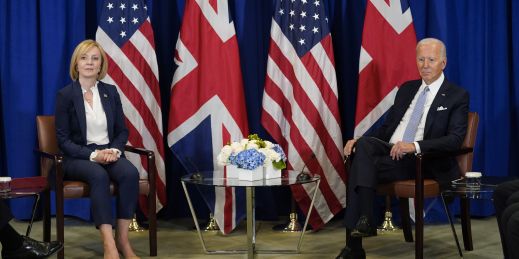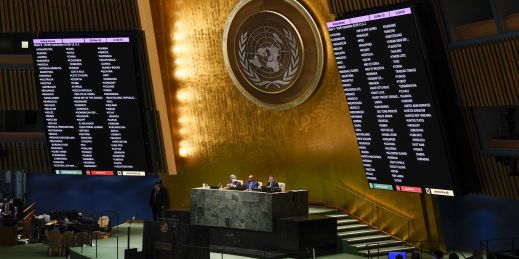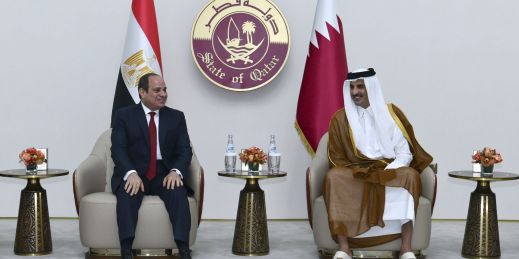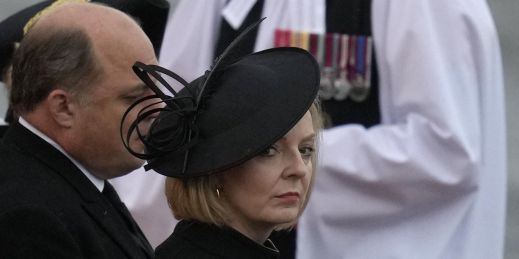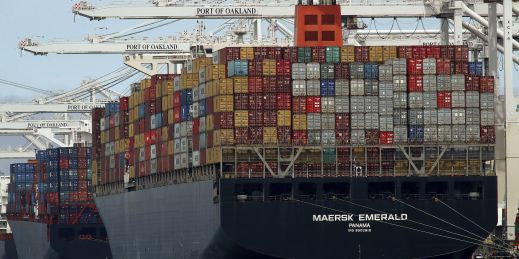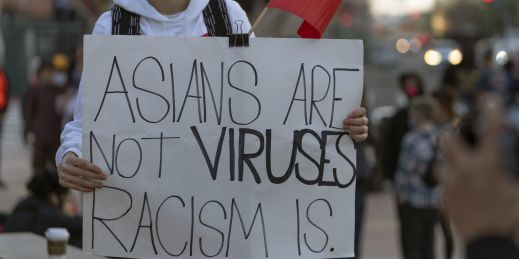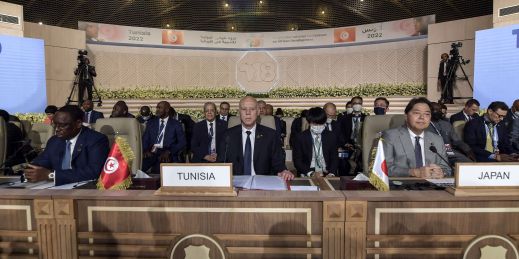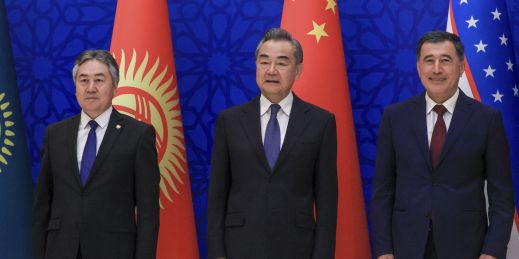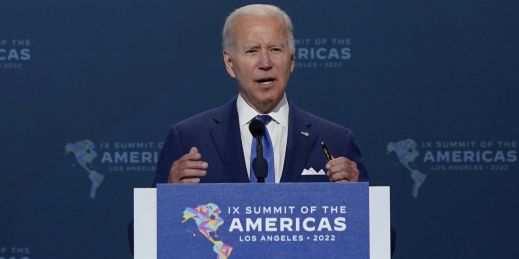
The U.S. has struggled to formulate an effective strategy for competing with China in Latin America, where China’s expanded economic footprint and a resurgence of the region’s left have dented U.S. influence. But real opportunities exist for the U.S. to deepen its relationships in the region. A case in point is Chile.

